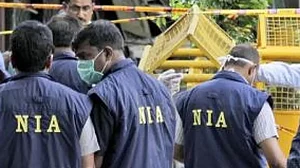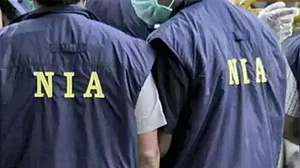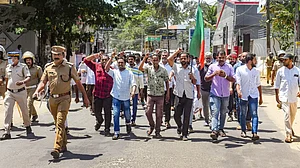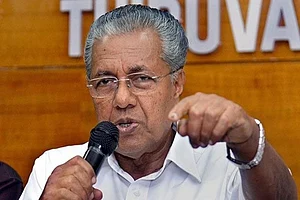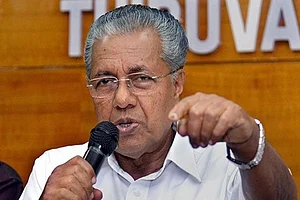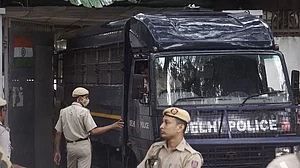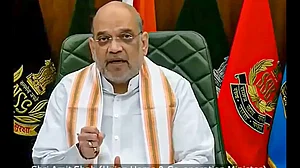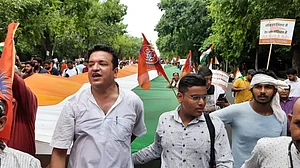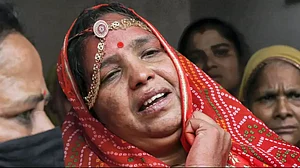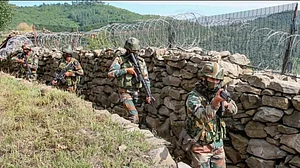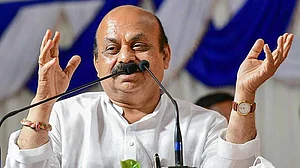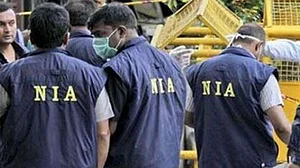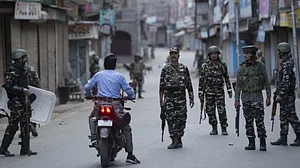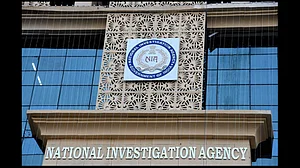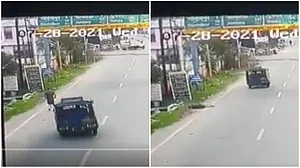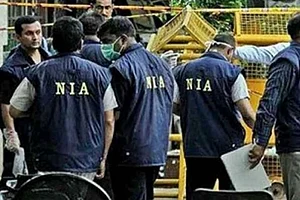
Name: The National Investigation Agency
In the wake of the devastating 2008 Mumbai terror attacks, India recognized the need for a specialized agency to tackle complex, multi-jurisdictional terror cases. This realization led to the birth of the National Investigation Agency (NIA), established through the National Investigation Agency Act passed by the Indian Parliament on December 31, 2008.
The NIA serves as India's premier counter-terrorism law enforcement organization, empowered to investigate and prosecute offenses that threaten the country's sovereignty, security, and integrity. Its mandate covers a wide range of serious crimes, including terrorism, counterfeit currency operations, human trafficking, narcotics trade, organized crime, cyber terrorism, and offenses related to atomic energy and weapons of mass destruction.
Operating under the Ministry of Home Affairs, the NIA is led by a Director-General who holds the rank of Director General of Police. The agency's headquarters are in New Delhi, with branch offices spread across various states to ensure nationwide coverage. These include locations such as Hyderabad, Guwahati, Kochi, Lucknow, Mumbai, Kolkata, Raipur, Jammu, Chandigarh, Ranchi, Chennai, and Imphal.
The NIA's internal structure comprises several key divisions, including investigation, intelligence, cybercrime, legal affairs, and administration. Senior officers are appointed through deputation from the Indian Police Service (IPS) or the Indian Revenue Service (IRS), while subordinate personnel are selected directly via the Staff Selection Commission (SSC) or through deputation from various State Police forces.
A crucial aspect of the NIA's mandate is its authority to investigate cases anywhere in India without requiring permission from state governments. This power is particularly significant given India's federal structure, where law and order typically fall under state jurisdiction. The agency can take suo motu cognizance of terror-related cases, investigate cases referred by state governments, and coordinate with other law enforcement agencies both domestically and internationally.
The NIA Act grants the agency substantial powers to fulfill its mission. It has concurrent jurisdiction, empowering it to probe terror attacks in any part of the country. The agency is authorized to conduct searches, make seizures and arrests, as well as collect evidence and maintain a database of terrorist organizations and their members.
In 2019, the NIA (Amendment) Act further expanded the agency's jurisdiction, allowing it to investigate offenses committed outside India, subject to international treaties and domestic laws of other countries. This amendment also empowered the NIA to probe cases related to human trafficking, circulation of fake currency, manufacture and sale of prohibited arms, and cyber-terrorism.
Special NIA Courts have been established by the Central Government for trial of cases registered by the agency. These courts are presided over by judges appointed by the Central Government on the recommendation of the Chief Justice of the High Court with jurisdiction in that region. The Supreme Court of India can transfer cases from one special court to another if deemed necessary in the interest of justice.
Since its inception, the NIA has handled numerous high-profile cases that have tested its mettle and demonstrated its growing capabilities. These include investigations into the 2009 Goa blast, the 2010 German Bakery bombing in Pune, the 2013 Bodh Gaya bombings, the 2016 Pathankot air base attack, and the 2019 Pulwama attack.
The agency has also been involved in investigating cases related to left-wing extremism, separatist movements, and transnational organized crime. In recent years, the NIA has expanded its focus to include cases of terror financing, fake Indian currency notes (FICN), and radicalization through social media.
In the context of Jammu and Kashmir, the NIA has been actively involved in counter-terrorism efforts. In January 2019, it filed a chargesheet against 12 individuals, including leaders of terrorist organizations, after extensive investigations across six states. The agency has also taken steps to address the issue of stone-pelting incidents in the region.
The NIA has made significant arrests of individual terrorists and has been successful in apprehending senior members of terrorist organizations. It has also been involved in investigating Naxalite activities in states like Chhattisgarh and has uncovered transnational conspiracies involving militant groups in neighboring countries.
The establishment of the NIA has significantly influenced India's approach to counter-terrorism and internal security. It has provided a centralized agency capable of investigating complex, multi-state terror cases, addressing a critical gap in India's security architecture. The NIA has improved coordination and intelligence sharing among various state and central agencies and strengthened India's ability to cooperate with foreign law enforcement agencies on transnational crime and terrorism.
Looking ahead, the NIA faces both challenges and opportunities. It must adapt to an evolving threat landscape that includes lone-wolf attacks, cyber-enabled terrorism, and the use of cryptocurrencies in terror financing. The agency will need to strike a delicate balance between national security imperatives and protecting civil liberties.


